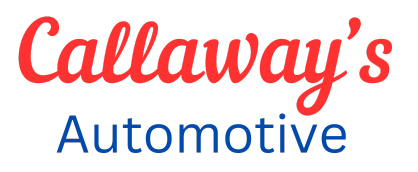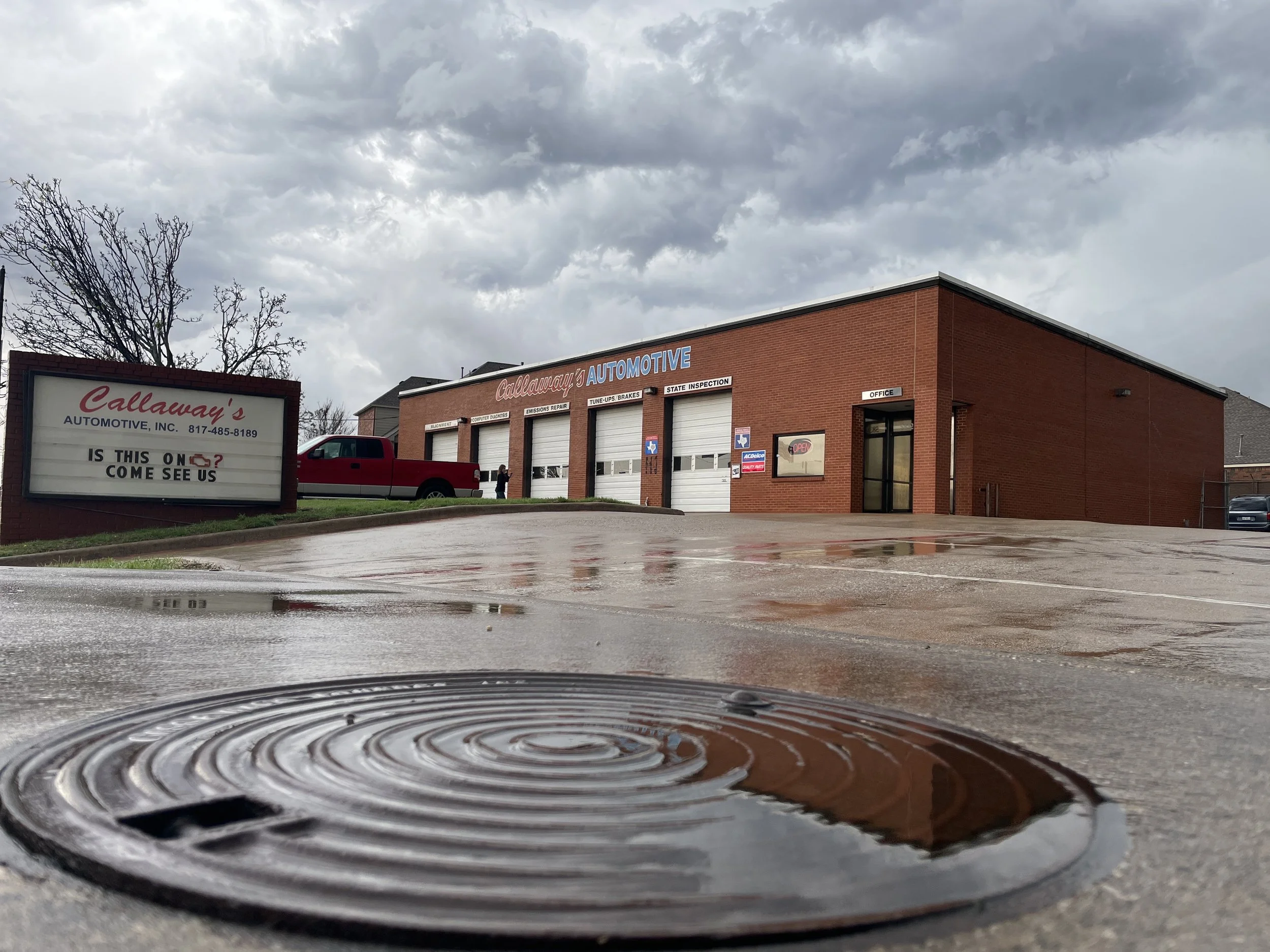We're all busy. Going to work, running the kids to practice, stopping by the grocery store. It never stops.
Until it doesn't.
Without some attention, one day your brakes won't stop it. And since you and your neighbors in DFW's Mid-Cities have trusted us to take care of your vehicles for more than 30 years, we feel compelled to alert you to the 6 Ways Your Brakes are Begging for Your Attention:
1. Pulsing Brake Pedal Syndrome: You're coasting to a stop on Davis Boulevard, applying light but increasing and steady pressure to your brakes and you notice a pulsing sensation coming through the brake pedal. In rhythm. This is not normal, and usually is an indication of a warped rotor (the rotor is the shiny metal disk that the brake pad presses against to create friction and cause the wheel to stop turning). This means the rotor must be repaired by resurfacing it on a lathe, or if the rotor is too warped or too thin to resurface, it must be replaced along with new brake pads. Uneven braking caused by warped rotors can be hazardous in all stopping maneuvers and this condition should be addressed as soon as possible when detected.
Brakes need routine service!
2. Brake Squealing: You first noticed it when it was warm enough to "roll" your windows down. At first you thought it was that clunker in front of you on Highway 26, but when you turned down your residential street and all the neighbors who were out watering their lawns were staring at you, it became clear that horrible squealing sound was coming from your vehicle. And then in the morning on the way to school the kids asked to be dropped off two blocks away because they didn't want to be embarrassed by that loud squealing either. So now that they have your attention, the brake squealing is caused by indicators (like sensors) that "know" when your brake pads are just about worn out. This brake squealing is your 'early warning' system telling you to get your brakes replaced very soon . . . probably within the next week or so: before anyone else is embarrassed when a certain vehicle can't stop and runs into the bosses' bumper in the employee parking lot.
3. Brake Squawking: This sound is usually noticed in the morning when backing out of the driveway. Its the first sign that some things are rubbing against each other that shouldn't be! It may be brake dust in the drums, or it might be glazed over pads from an overheating that occurred during particular hard stopping (or riding the brake pedal). Any further delay, and instead of just replacing your vehicle's brake pads and resurfacing the brake rotor, very likely there will be a more extensive maintenance and repair task including other parts replacements and possibly a rotor replacement. If addressed today, this problem can be prevented from being a dangerous driving condition and an expensive repair.
4. Mash on the Brake Pedal to the Floor Syndrome: It happened with little or no warning. Red tail lights were stacking up on the way home from work and it was time to stop on Northeast Loop 820, but when you pressed on the brake pedal it felt like you were stepping on a plum. And it went splat. Flat against the floor. And perhaps you got stopped in time. Barely. This is your brakes getting your attention because there's probably a leak in your brake lines or a leak or bypass of the valves in your master cylinder. The reservoir holding your brake fluid could be low (or empty). This is when you get some brake fluid into the reservoir and pump up your brakes and get straight to the shop. Or . . . if that doesn't give you any stopping power, call a tow truck and get your vehicle delivered to the shop. The leak will have to be found and the source repaired. Its probably the master cylinder. This is a problem that obviously can't wait to be repaired!
Brake lathe resurfacing rotor while on vehicle gives truer surface for longer brake life.
5. Brake Pedal Hard as a Rock Syndrome: You came to a stop on Grapevine Highway, but it was like you were on an old tractor and had to jump on the pedal to get any response. You mashed hard and nothing happened until you mashed harder. When this happens, your brakes are getting your attention because they may be hissing and that sound indicates that there may be a problem with the vacuum brake booster. There is likely a leak in the system and will have to be found and repaired right away.
6. Brakes Grinding Syndrome: Metal-on-Metal gnashing and grinding. Brake pedal shuddering. Groaning and gashing sounds as you come to a stop, maybe. This is what happens when you've ignored all the other signs that your brakes were begging for your attention. Now its hazardous to driving and expensive to repair. Brake pads, Rotors, and perhaps any number of other component parts are all likely in need of replacement. Today.
This list illustrates why it does not pay to ignore your brakes. Brakes are a routine maintenance item that literally should be looked at every 30,000 miles. They may not need repair or replacement that frequently, but they do need to be inspected for wear at least that often.
There's too much at risk. For you. For your family. For others who share the road with you. Stop by and let us take a look at your brakes before its too late!



